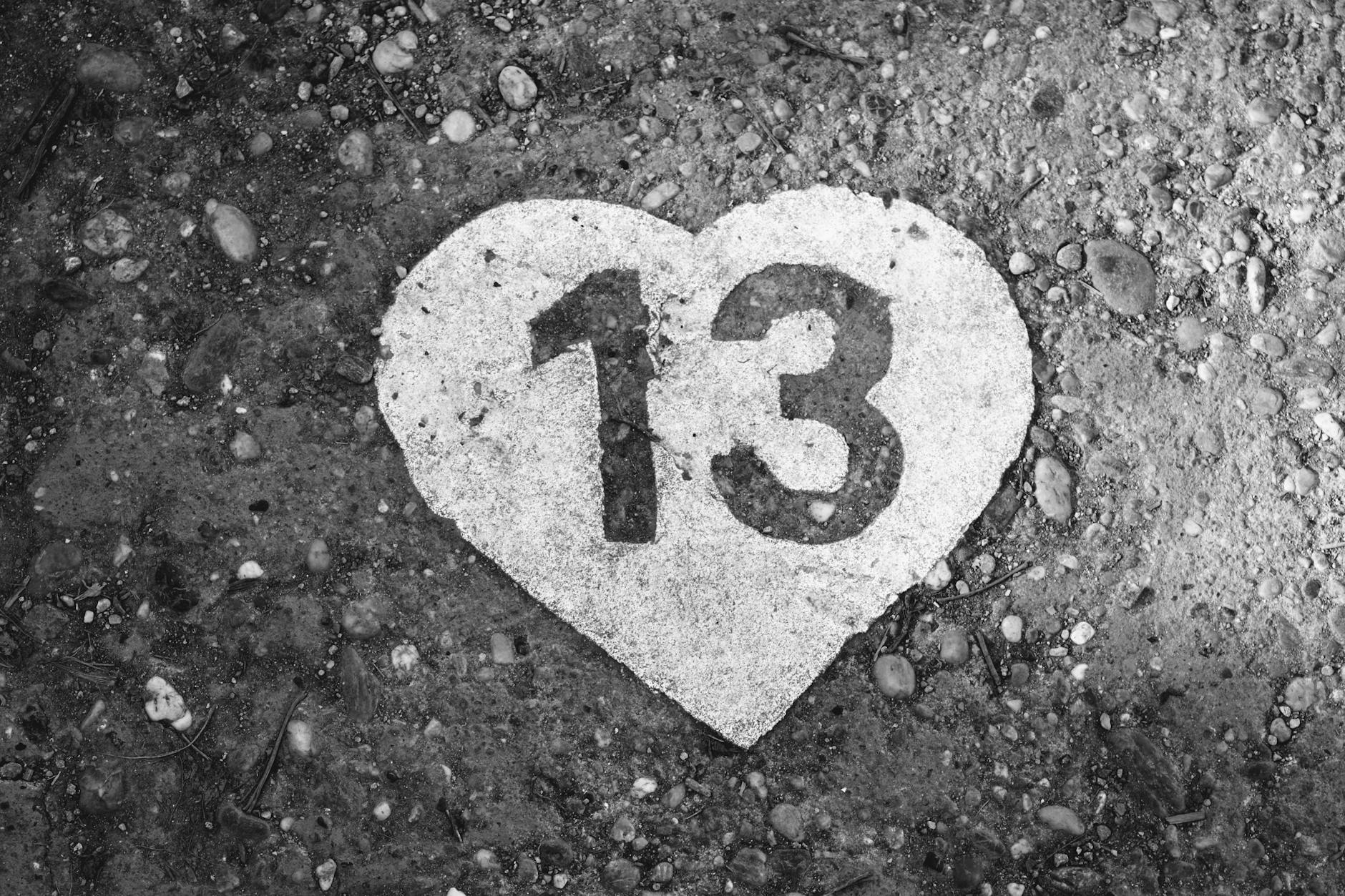For centuries, the number 13 has carried an ominous weight, whispered about in hushed tones, avoided by architects, and feared by those who believe in fate. But where did this superstition begin? And is there more to it than mere coincidence?
Across cultures and histories, 13 has been linked to misfortune, betrayal, and even death. Yet, in other traditions, it is a symbol of rebirth, mystery, and hidden power. Let us unravel the tangled web of legend surrounding the unluckiest number in the world.
The Last Supper: A Betrayal Foretold
One of the most enduring beliefs about 13 stems from Christianity. At the Last Supper, thirteen people sat at the table, with Judas, the betrayer of Christ, being the 13th guest. This association between the number and betrayal, doom, and divine punishment has lasted for centuries.
- Superstition: Many believe that having 13 guests at a dinner table is an omen of death.
- Modern Echoes: Even today, some hotels and restaurants refuse to seat 13 guests at a single table.
Friday the 13th: A Day of Dread
One of the most famous modern superstitions is the fear of Friday the 13th. It has inspired horror films, urban legends, and even real-life financial panics.
- Templar Tragedy: On Friday, October 13th, 1307, the Knights Templar were arrested in France under the orders of King Philip IV, leading to their brutal downfall. Some believe this event solidified the fear of Friday the 13th.
- Superstition: Many avoid travel, major decisions, or business dealings on this day.
The Missing 13th Floor
Have you ever noticed that many skyscrapers skip the 13th floor? Instead, the numbers jump from 12 to 14, as if the number itself were a threat to those inside the building.
- Fear in Architecture: Many hotels, hospitals, and high-rises around the world avoid labeling a floor as the 13th.
- Superstition: The belief is that the number brings bad luck, accidents, or even ghostly hauntings.
The Power of 13 in Other Cultures
While many fear 13, not all cultures see it as an unlucky number. In some traditions, it is a number of spiritual power and transformation.
- Ancient Egypt: The Egyptians believed in 13 stages of the afterlife, with the 13th leading to eternal life.
- Pagan Traditions: Many Wiccan and Druidic practices see 13 as a sacred number, linked to the phases of the moon and the divine feminine.
- Mayan Civilization: In Mayan culture, 13 was considered a number of completion and cosmic alignment.
Should We Fear or Embrace 13?
Whether an omen of misfortune or a symbol of hidden power, the number 13 continues to hold a mystical grip on the human imagination. Some avoid it, while others embrace it, using it as a number of personal transformation and strength.
So, the next time Friday the 13th rolls around, or you find yourself on the 13th floor, ask yourself: Is this number a curse, or is it a doorway to something greater?


Leave a Reply